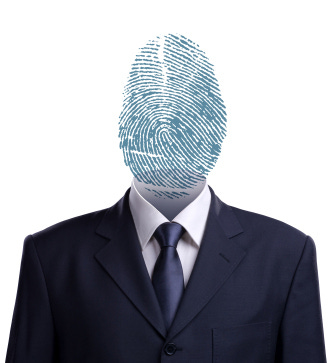From the Archives: "Who"
"If you are only an imposter to yourself, you are in on your own secret."
I, the restless one; the circler of circles;
Herdsman and roper of stars, who could not capture
The secret of self.
Conrad Aiken, “Tetelestai”
Happy Thanksgiving, everyone. I’m away from home, as I said I would be, in a city I’ve never visited before, Seattle, with friends, friends’ grown children, friends of friends. Thanksgiving is my favorite holiday, not, certainly, because of the historical mythology of its beginnings but for the cultural mythology Americans created around it in practice, of just that gathering of family, in friendship, and — at least as I experienced it over my life — with gratitude for the exceptional time in history and location in space in which those gathered got to warm each other against the coldness of the world. I know it doesn’t always work out quite that way — for me, too — and recent years have sorely tested my feeling for that mythos, but hope, as we say, springs, until it doesn’t anymore.
This week’s essay of memoir was my second post on Homo Vitruvius, …
Keep reading with a 7-day free trial
Subscribe to Homo Vitruvius by A. Jay Adler to keep reading this post and get 7 days of free access to the full post archives.



